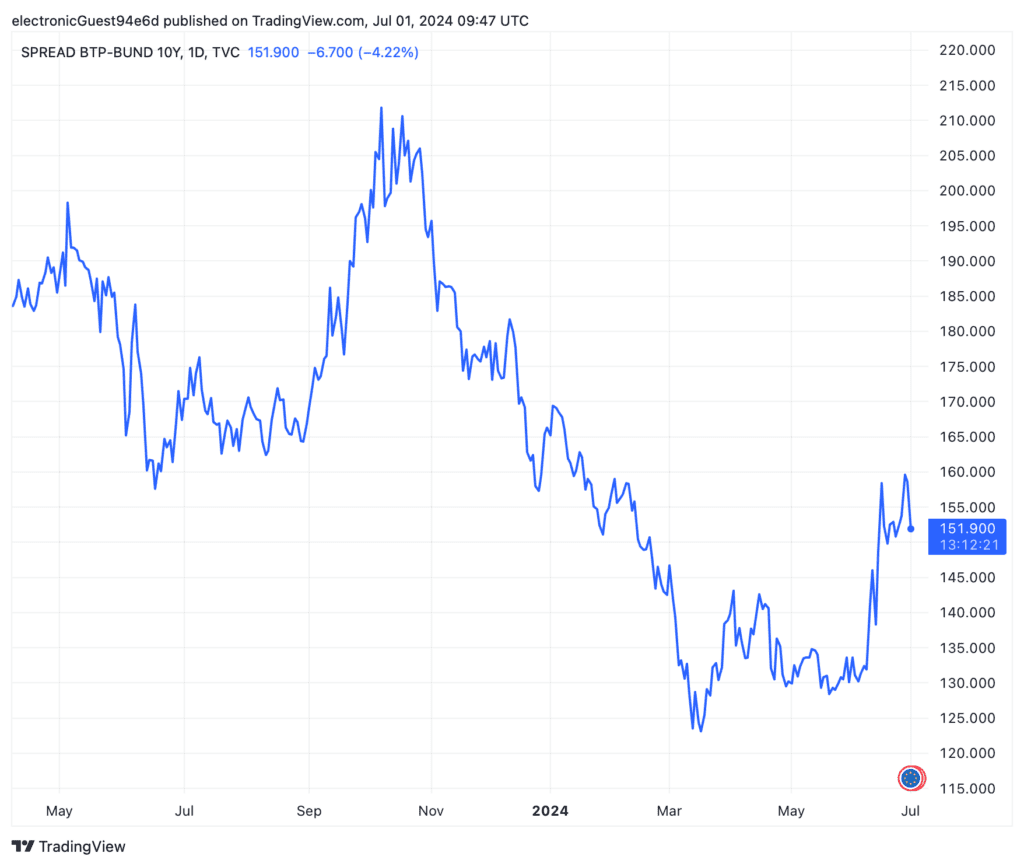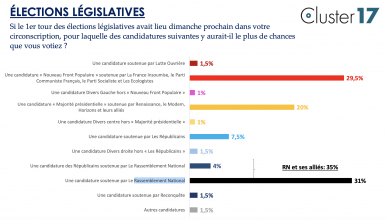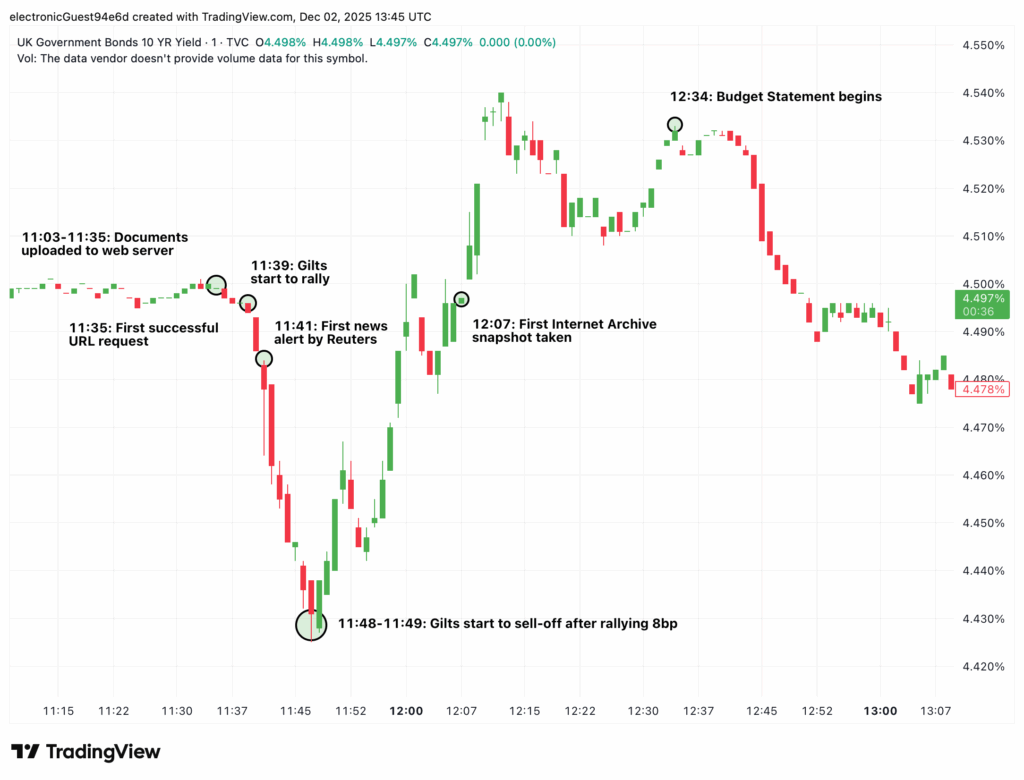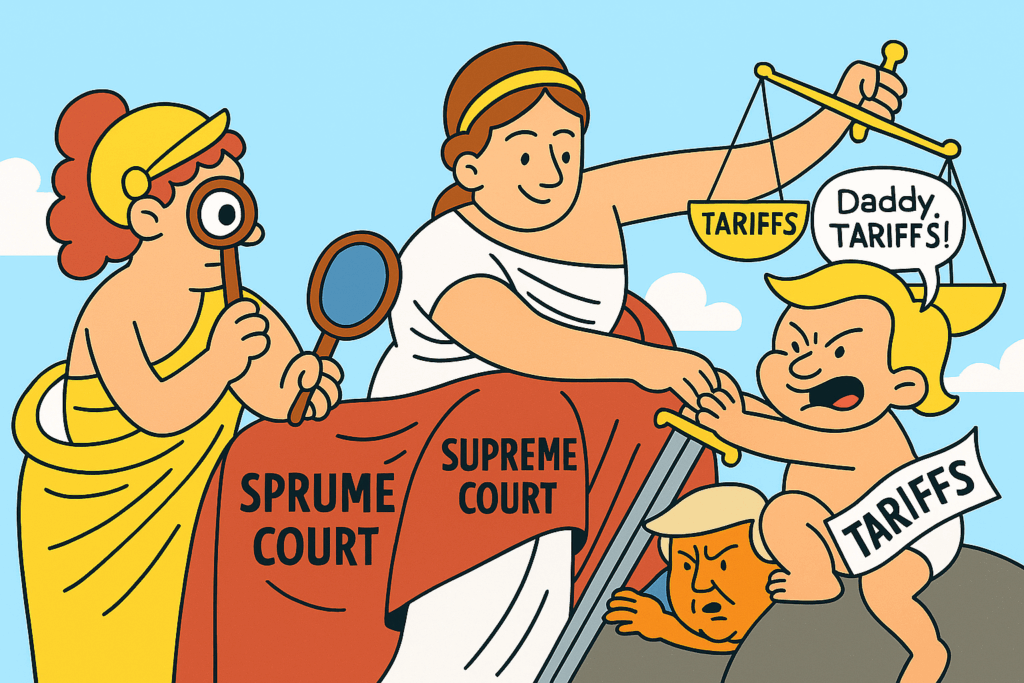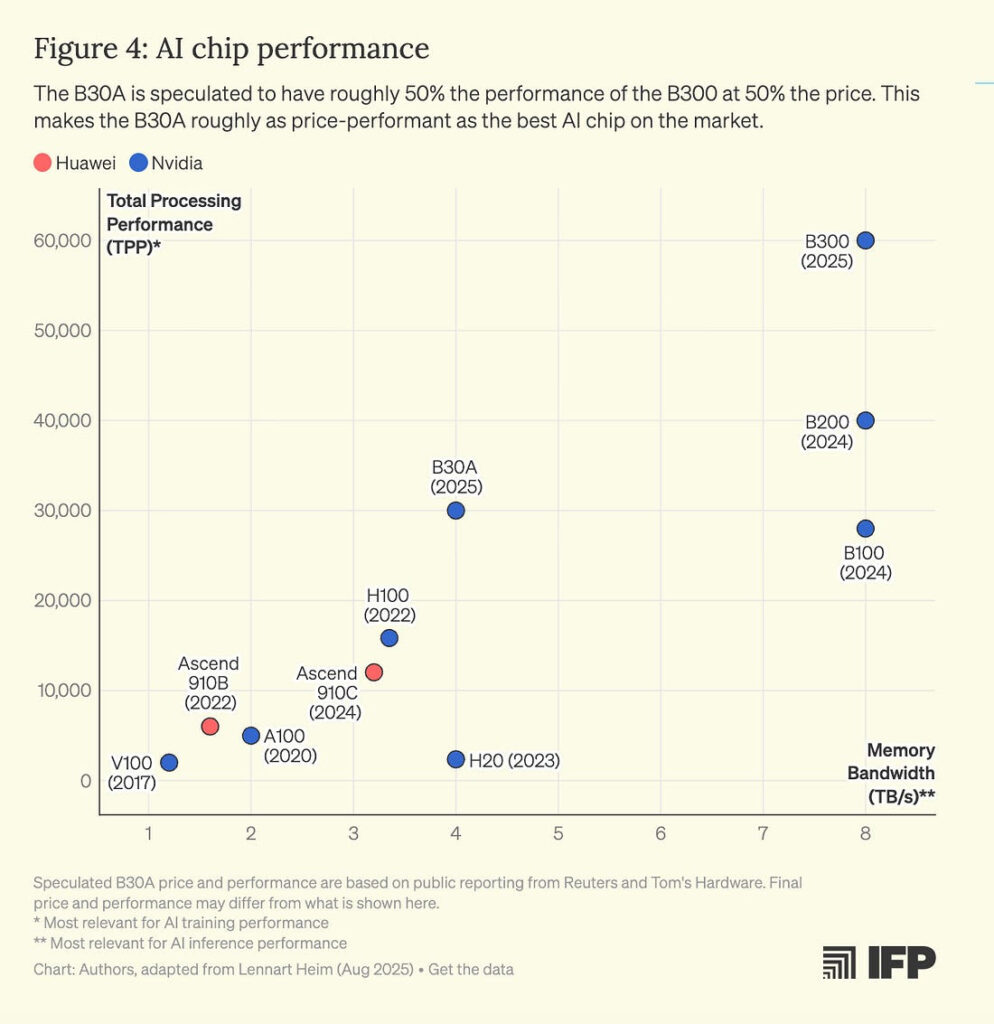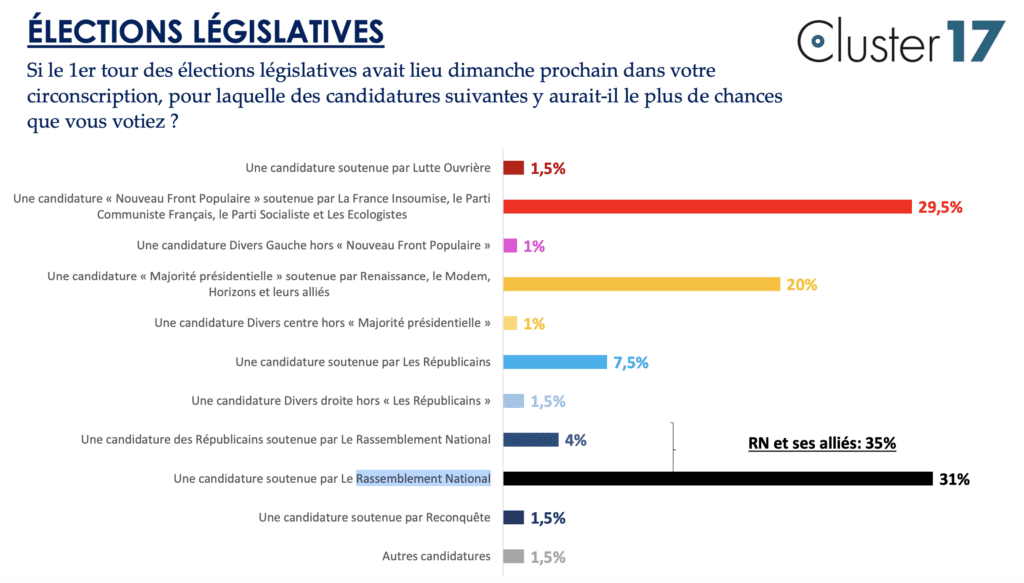Interview Question
You are long a binary European call option that's deep in-the-money with a couple of months till maturity. Describe what happens to the option delta as the implied volatility increases/decreases.
Technically, we may refer to our 2020 US election forecaster as a machine learning model. It sounds more valuable and sophisticated. The new one will be an “AI” model. We just need to twist the arms of a couple of Harvard and Stanford professors to put their names on it, and we're set.
France Election Polls
Much of our political polling efforts go towards curating official survey data to identify telltale signs of potential sources of error, whether due to panel construction or model distortions. Occasionally, we conduct our own polls when publicly available data is scarce, or to limit potential sources of error in the official polls due to data blind spots—see briefing on past Speevr election polls. Multi-regression post-stratification model polls, which are increasingly popular, are especially prone to such errors.
A poll commissioned by Le Figaro towards the end of last week showed momentum for Marine Le Pen's Rassemblement National (RN) party. While we have not done much work on the French legislative elections (the first round to be held today), not least because of the complexities of the electoral system, here are a few points that stood out:
—Unfortunately, most French pollsters do not publish the raw panel data to make pre-and-post model processing comparisons.
—We examine the Cluster 17 survey conducted between June 25-27, commissioned by Le Figaro, as an example showing the RN alliance finishing ahead of the far-left with a 35% to 29.5% share of the votes.

—Here is the breakdown for recent past elections:
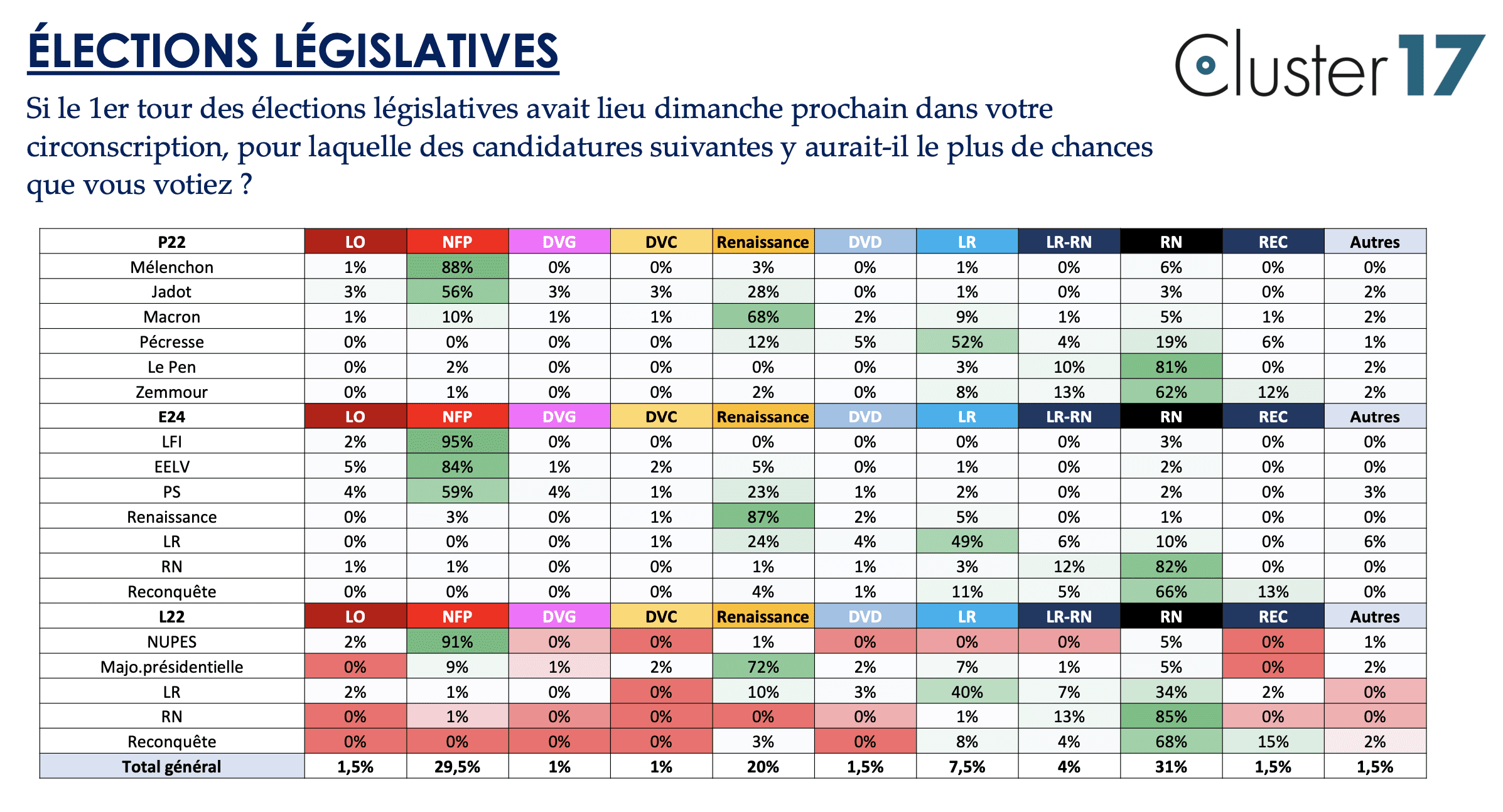
It's difficult to make like-for-like comparisons as the dynamics of every election are different.
—The voting intentions by age group and employment status:
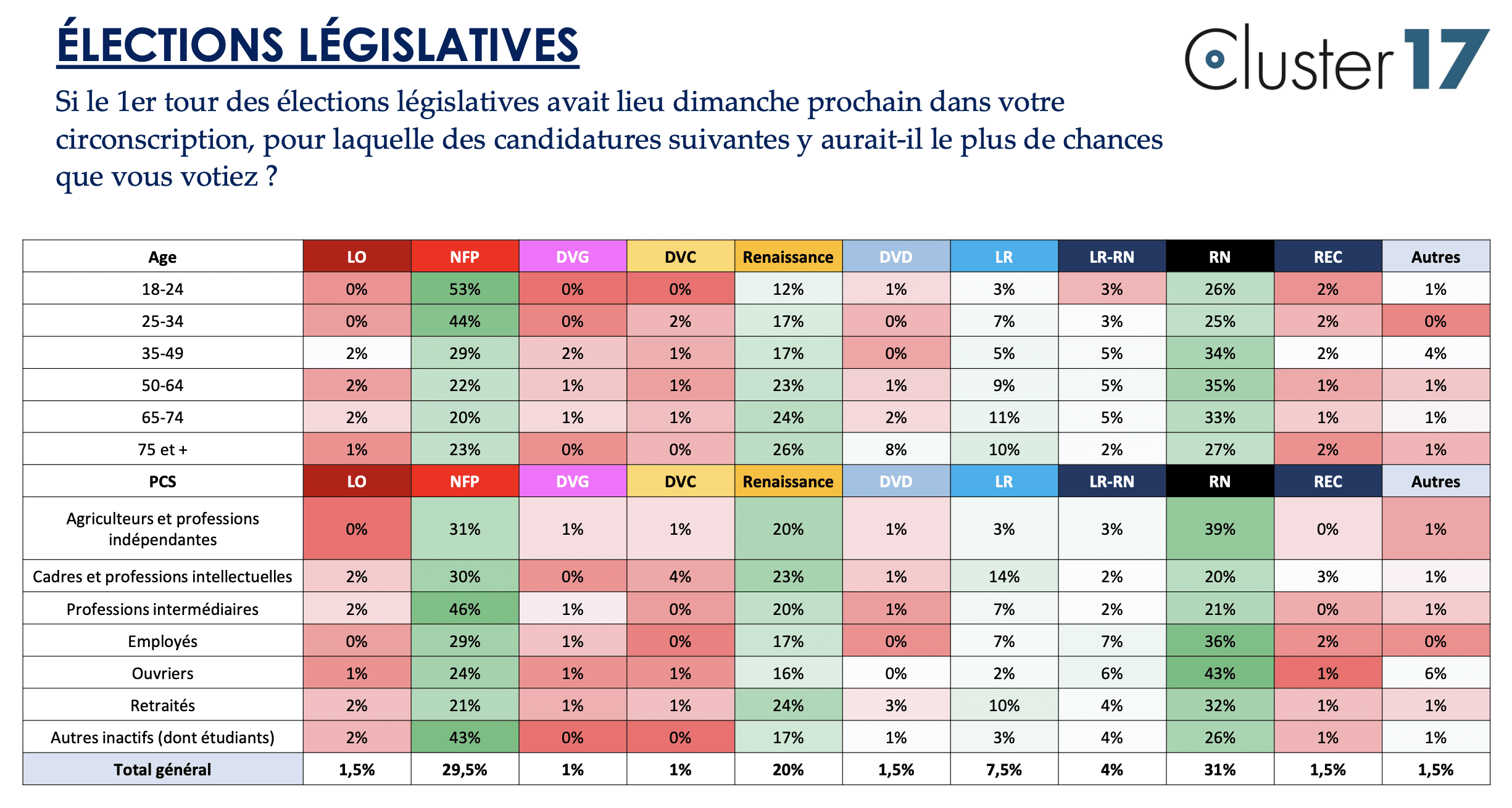
Error margins are tend to be smaller when a party or candidate enjoys uniform support across age and demographics. Young voter turnout is always a wildcard.
—The table below is not very clear. However, one interpretation is that Emmanuel Macron's party has limited potential to benefit from high voter turnout.
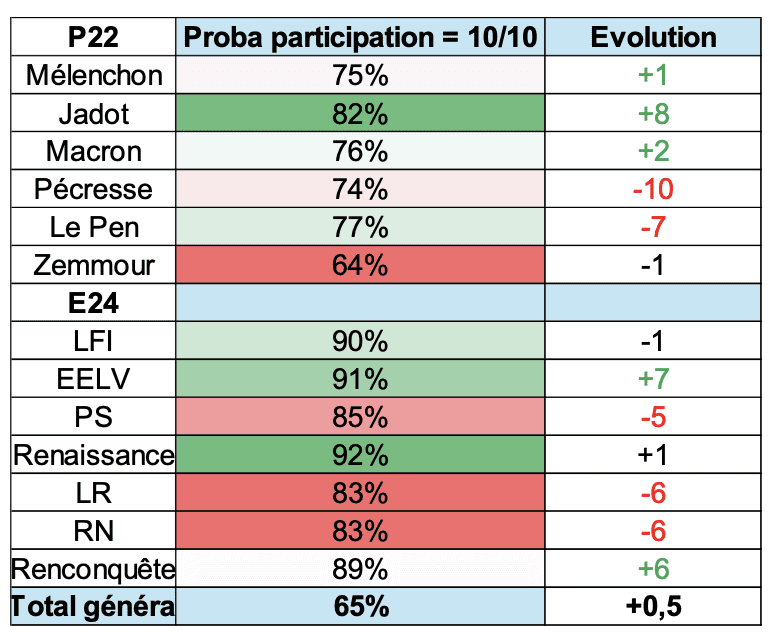
—Below is the expected voter turnout by age bracket:
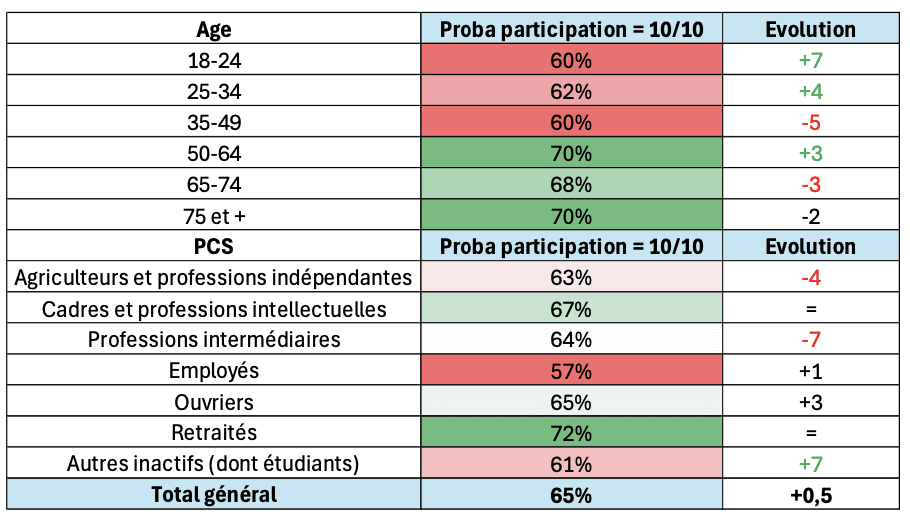
The turnout difference between the youngest and oldest age groups is typically at least 10% when voting is not compulsory. The +10% jump in expected turnout rates for voters aged 35-49 and 50-64 is quite unusual.
Taken together, the Cluster 17 poll error bias is likely to skew: the far-left and Macron's alliance performing worse than expected due to low voter turnout, especially the former.
Updates
As results start to trickle through, I'll go out on a limb and say: as far as an OAT specialist is concerned, it's ‘buy the rumor, sell the news.'
French elections: Why seat projections after the first round might not be reliable
In the past, polling institutes' national estimates of voting percentages have proved fairly reliable. Here, we explain why, in the June 30 vote, these figures will not be enough to know what the Assemblée
Le Monde
The far-left do worse than the latest polls predicted.
England backers to win Euro 2024 experienced a mini Truss-Kwatang budget flash crash earlier today…
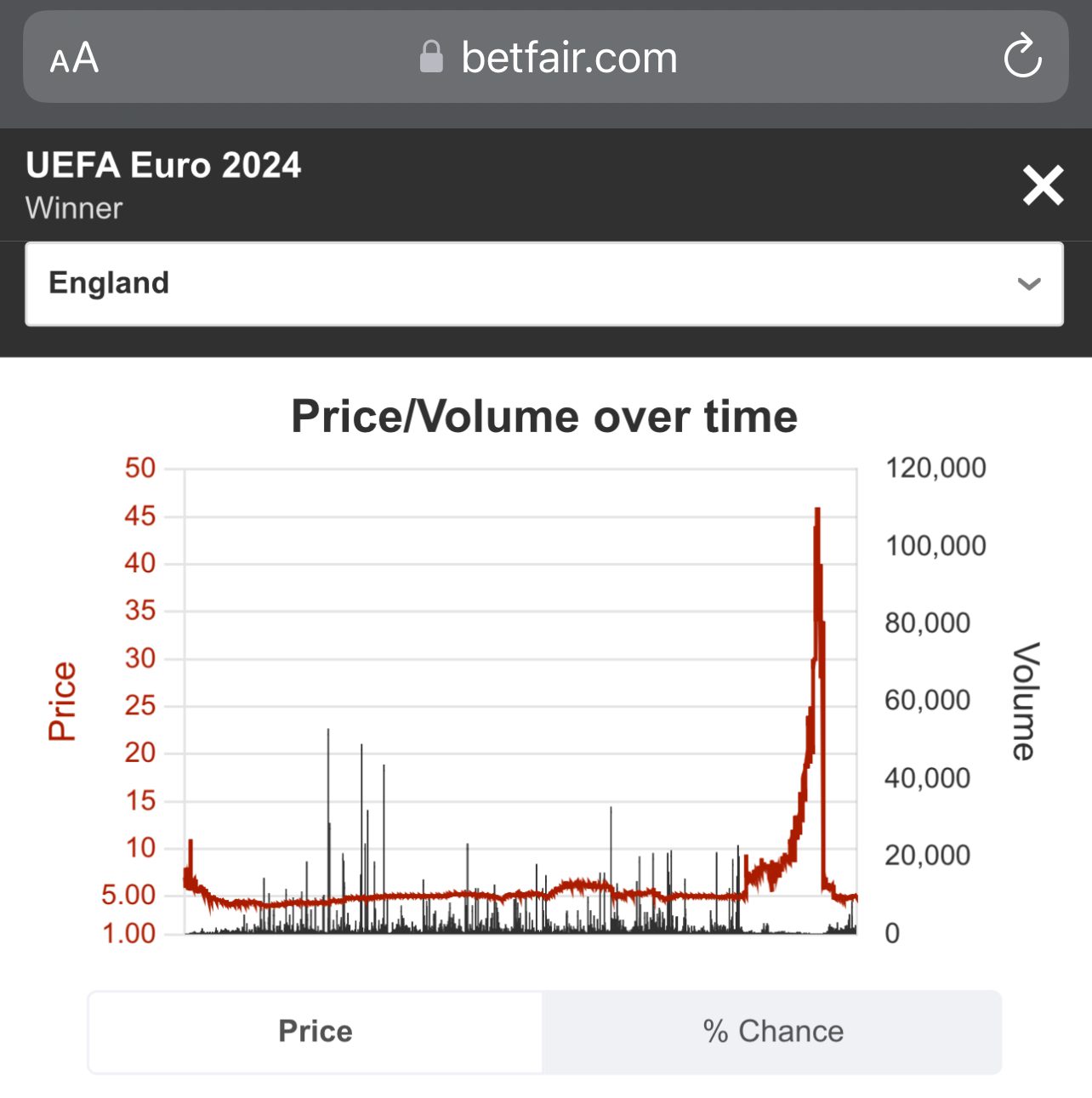
And England are still favorites to win the tournament despite all they put their fans through…

Market Comment
Human behavior can be very predictable, whether it's voter intentions or traders piling into and out of a trade. Firstly, we should congratulate the French pollsters for doing such a magnificent job on such short notice. It's a thankless task, yet the critics couldn't survive without them.
Murphy's law postulates that markets will probably sell off and peripheral spreads will widen once the last sell-side report or commentary is sent to clients arguing why a hung French parliament would not be a bad outcome.
A combination of this morning's price action and last week's Le Figaro poll we delved into about covers it. The rest are unnecessary words to fill gaps.
We're more focused on Italy, the EU, and BTPs—related but not the same.
